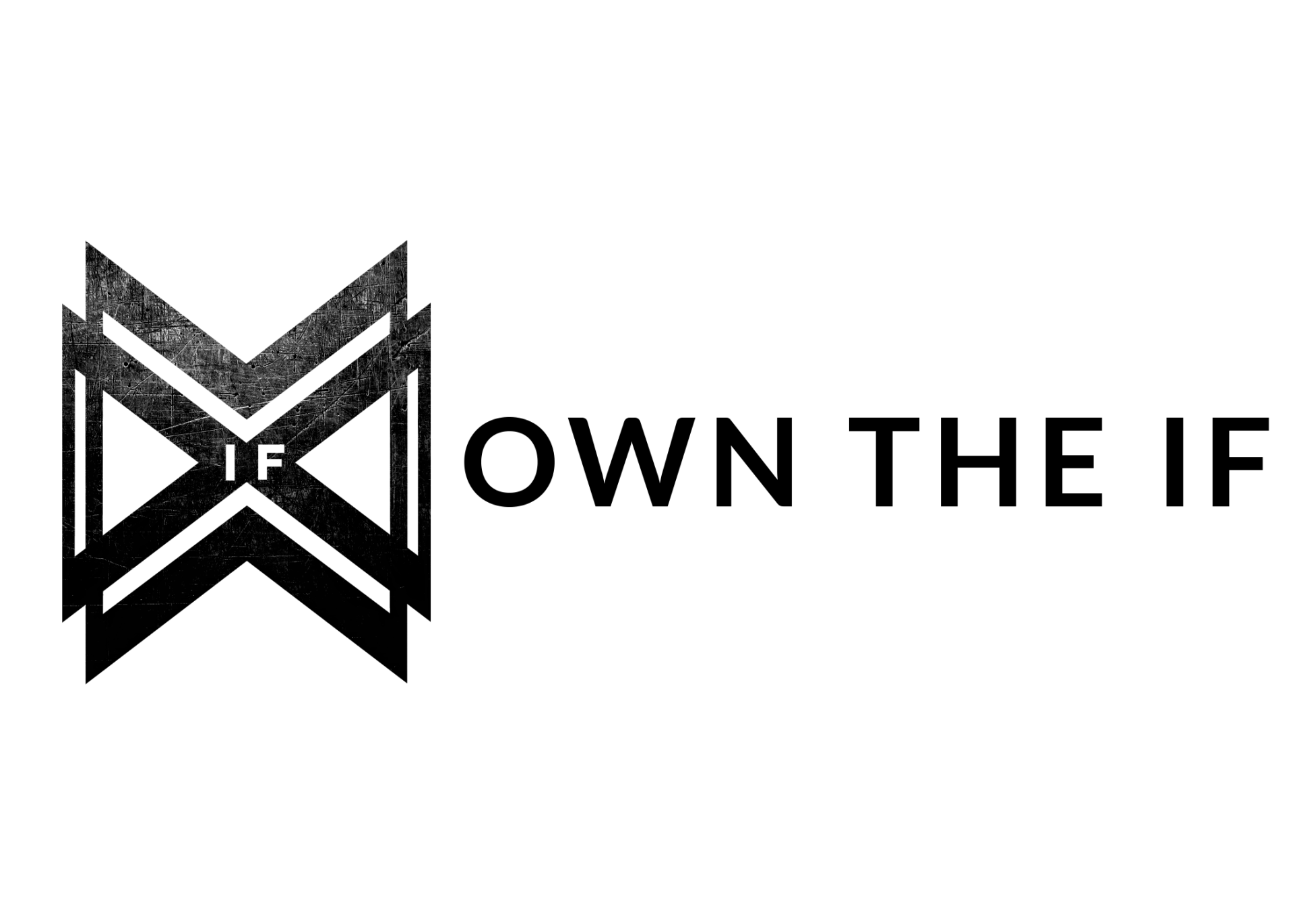Admittedly, I'm drawn to paradoxes—blame it on my dual Gemini nature and affinity for Stoicism.
Paradoxes, defined as statements or situations that appear self-contradictory or defy common intuition, challenge conventional thinking. They encourage problem-solving skills, cognitive flexibility, inspire creativity and push us beyond boundaries to discover unconventional solutions. Navigating paradoxes prepares us for uncertainties, cultivating resilience and adaptability.
This exploration shapes our mindset, emphasizing continuous learning and humility in understanding the incomplete nature of our knowledge. Paradoxes spark curiosity, making learning interesting. Ultimately, the challenge posed by paradoxes develops a mindset adept at problem-solving, critical thinking, and open to ongoing growth.
Here, I've selected ten paradoxes that I felt particularly resonate when considering mindset and resilience:
The Paradox of Failure: The more you fail, the more likely you are to succeed. Edison tried over 10,000 prototypes before getting the lightbulb right. Michael Jordan got cut from his high school team. J.K. Rowling was rejected by multiple publishers before securing a book deal for Harry Potter. Achieving success results from continuous improvement, and this improvement stems from experiencing setbacks. Achieving success doesn't come with hacks or shortcuts; instead, it involves failing smartly and swiftly. Most importantly, never repeat the same failure twice.
The Paradox of Wisdom: The more you learn, the more you realize how little you know. Socrates and Albert Einstein have famous quotes about it. Every time you gain a greater understanding, it creates even more questions than it answers. Embrace your ignorance and the path of life-long learning, there is always something new to learn.
The Paradox of Social Media: The more connected we get, the more isolated we feel. Despite being more connected through technology than ever, research finds an increase in loneliness and depression in the developed world over the past few decades. While social media and FaceTime have their merits, there's unmatched value in planning to spend time with your family or friends in person. The positive impact on your well-being might surprise you, extending far beyond what you can initially imagine. Make those plans – the benefits go beyond the screen.
The Paradox of Persuasion: The more you try to argue with someone, the less likely you are to convince them of your perspective. This phenomenon is rooted in the emotional nature of most arguments, typically arising when someone's values or self-perceptions feel compromised. Logic, in such instances, serves mainly to affirm these pre-existing beliefs and values, rather than to pursue an actual objective or logical truth. Argue less, listen more. Genuine debate necessitates both parties genuinely setting aside their egos and focusing solely on the data. Anyone who has scrolled through social media comments can witness this paradox in action.
The Paradox of Choice: The more choices you have, the less satisfied you are with each one. This classic suggests that when confronted with a multitude of options, our satisfaction diminishes with the choice we ultimately make. Research indicates that the abundance of options leads to higher opportunity costs for each selection, resulting in decreased contentment with our decisions. Any parent with a young child can experience this paradox multiple times a day, snacks, cup color, shoes, toys...etc. Reduce your choices to increase your satisfaction.
The Paradox of Certainty: The only certainty is that nothing is ever certain. This is one of those heavy hitters that can empower or break you. Viewing uncertainty as a means to develop strength in adaptability, creativity, and resilience, can create a mindset that sees uncertainty as an opportunity for growth rather than a source of anxiety. It's all about going with the flow and seeing life's uncertainties as a chance to explore and grow – turning the constant changes into opportunities for development.
The Paradox of Speed: You have to slow down to speed up. There is a Navy SEALs motto, Slow is smooth, smooth is fast. The saying emphasizes the importance of executing tasks deliberately and smoothly, even if at a slower pace, to ensure precision and minimize errors. By maintaining a smooth and controlled approach, individuals can perform tasks more efficiently and ultimately achieve their objectives more rapidly. Slow down and be deliberate, you will be faster in the long game.
The Paradox of Fear: The more something scares you, the more you should probably do it. When we avoid fear we limit our progress. The individuals who have achieved the greatest success in the world share a common practice of confronting the things that terrify them head-on. So make that cold call, start that business, talk to the attractive barista, take the risk. Cultivate a habit of embracing activities that push you out of your comfort zone – the more discomfort, the greater the opportunity for growth.
The Paradox of Productivity: When you have established hours for getting work done, you work longer but accomplish less. Parkinson's Law states, "Work expands to fill the time available for its completion." The law suggests that if you give a task a certain amount of time, it will take that full amount of time to be completed, regardless of the actual complexity or importance of the task. We get distracted easily. So get your Pomodoro timer ready- work in short bursts, rest, repeat.
The Paradox of Death: The more afraid you are of death, the less you’ll be able to enjoy life. The Stoics utilized Memento Mori as a means to highlight the inevitability of death. Rather than having a morbid intent, its purpose is to provide insight, enlightenment, and motivation. Embracing the finite nature of our time on earth enables us to recognize and value its precious nature.
Bringing it Home:
Diving into paradoxes is like flexing your mental muscles – it's all about rolling with setbacks, staying curious, and being cool with life's uncertainties. They push us to grow, adapt, and keep things interesting. So, next time life throws a curveball, remember, it's just another chance to level up your mindset and embrace the journey.


